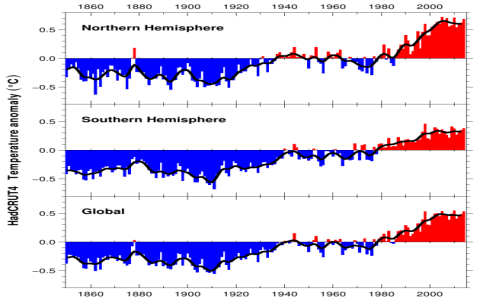Alright, let’s talk about this humid vs. dry air thing for cars. It’s something I’ve kinda noticed myself over the years, just driving around, paying attention to how my old truck feels day to day.

My Own Observations Kicking In
So, I started thinking about this, not because I read some fancy article, but just from driving. You know how some mornings are super thick and foggy, real damp? And other days, especially after a cold front blows through, the air feels crisp and dry, like you can see for miles?
Well, I began paying closer attention to how the engine sounded and responded on those different days. Didn’t do any crazy scientific tests, mind you. No sensors hooked up or anything like that. Just me, my truck, and the feel of the road.
What I Noticed – The Feel of It
Here’s what I generally picked up on:
- On those really humid, soupy days: It felt like the engine was maybe a tiny bit… sluggish? Not like it was broken, but just not as eager. Almost like it was working a little harder to breathe. The sound might have been a bit duller too.
- On crisp, dry days: This is when things felt better. The engine seemed peppier, more responsive when I hit the gas. It just felt… cleaner, I guess? Like it was getting exactly what it needed. The engine note often sounded sharper, clearer.
It wasn’t a massive difference, you understand. Not like night and day. But it was noticeable if I was paying attention. Sort of like how I feel trying to run on a muggy day versus a cool, dry one. I definitely run better when it’s dry.
Trying to Make Sense of It (My Way)
Now, I’m no engineer, but my thinking went something like this:

Engines need air to mix with fuel for combustion, right? They need that oxygen. When the air is super humid, it’s full of water vapor. That water vapor takes up space, meaning there’s less actual oxygen in the same amount of air getting sucked into the engine.
So, my gut feeling was: Drier air = denser air = more oxygen per gulp the engine takes = slightly better combustion = happier engine.
Humid air = less dense air (because of water vapor) = less oxygen per gulp = engine maybe adjusts a bit, doesn’t run quite as efficiently = feels a bit less peppy.
I also thought maybe on really hot and humid days, the water vapor might help slightly cool the intake charge, which some folks say is good, kind of like water injection people used to do. But honestly, the ‘less oxygen’ part seemed more dominant in what I was feeling day-to-day. The sluggishness on humid days seemed more consistent than any perceived benefit.
So, What’s the Verdict from My End?
Based purely on my own driving and paying attention to my vehicle over time, I lean towards cars running a bit better, feeling more responsive, in drier air. The difference isn’t huge, and modern engine computers are pretty good at compensating for all sorts of conditions. But for that raw ‘feel’? Yeah, give me a cool, dry day for the best driving experience. It just feels right.

